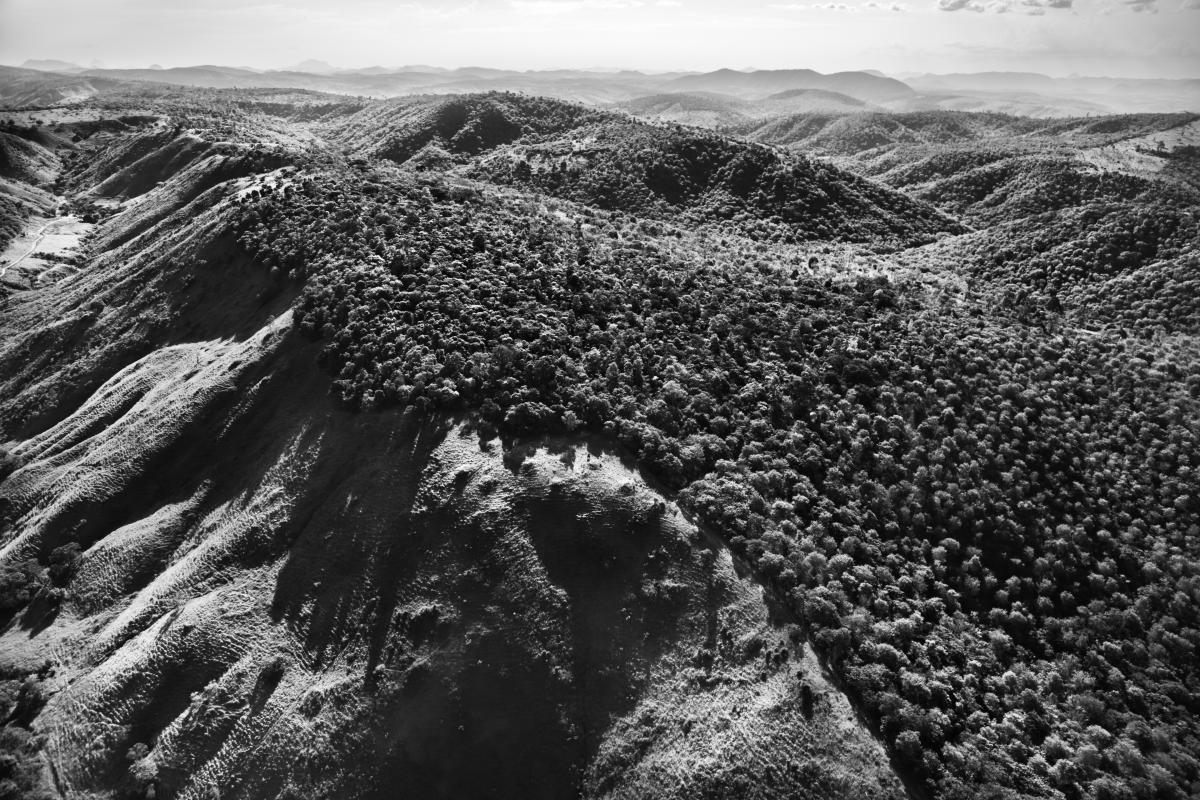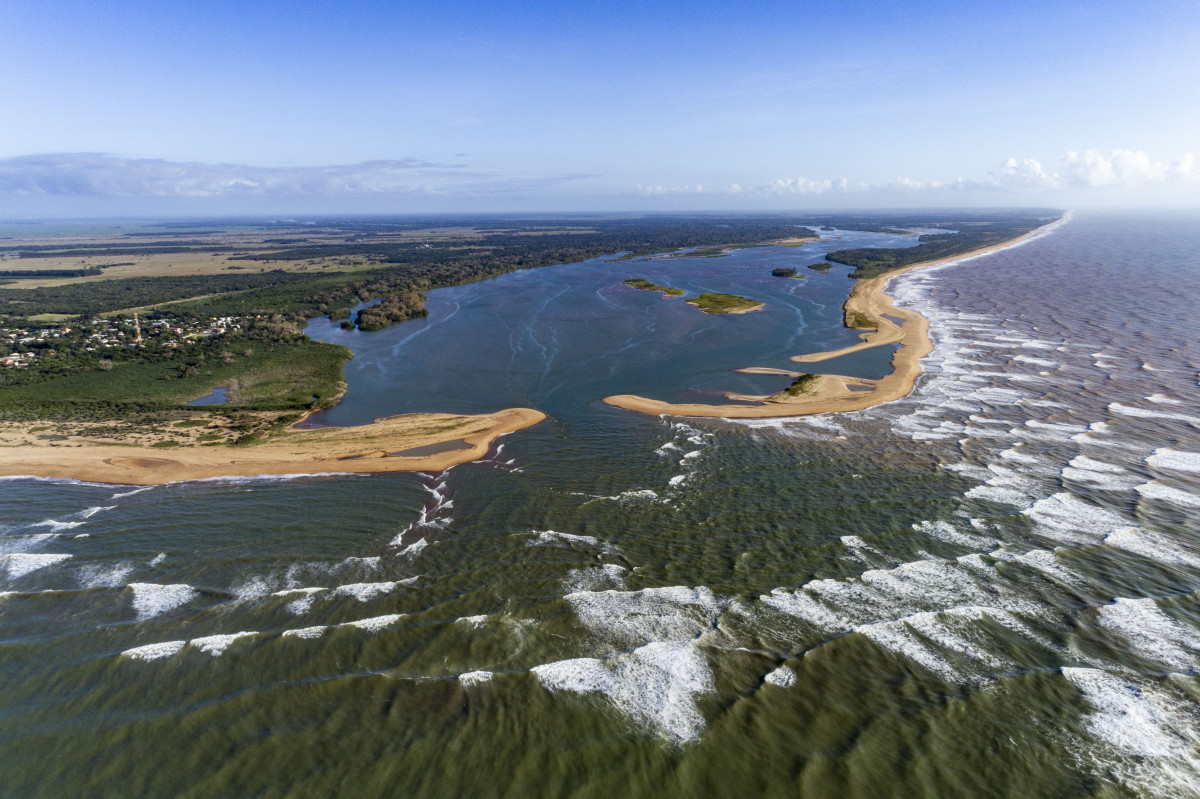Global environmentalist Yolanda Kakabadse to Chair IUCN independent scientific panel on Brazil’s Rio Doce watershed
Gland, Switzerland – IUCN former President, globally recognised environmentalist Yolanda Kakabadse, will Chair the new IUCN independent scientific and technical advisory panel on the restoration of the Rio Doce watershed in Brazil, following the 2015 collapse of the Fundão tailings dam at the Samarco iron ore mine.

Photo: Stephen Edwards
The collapse of the tailings dam in the Brazilian State of Minas Gerais in November 2015 resulted in 19 deaths, and severely impacted the local communities and environment in the Rio Doce watershed. The spill ran approximately 650 river kilometres, from the Samarco mine through the Doce basin to eventually reach the Atlantic Ocean, affecting towns, villages, farms and fisheries along the way.
IUCN is establishing the panel to provide expert advice on the environmental and socio-economic restoration efforts in the area.
“IUCN is honoured that Ms Kakabadse has agreed to take on this important role,” says IUCN Director General Inger Andersen. “The stakes are high: the collapse of the dam has affected over 2,000 hectares of land along the river system, with devastating consequences on rural producers and fishermen. Ms Kakabadse brings a wealth of environmental knowledge as well as extensive experience in good governance. This is critical for advancing the recovery of the Rio Doce, on which so many lives depend.”
Ms Kakabadse was selected for the post through an open and competitive process, including a selection committee involving representatives from the IUCN Secretariat, Members and Commissions.
“While the Samarco mine dam spill is a unique case that has affected so many lives and livelihoods in the region, IUCN Panels have proven to work in such challenging situations,” says Ms Kakabadse. “By examining the restoration and rehabilitation efforts, the Rio Doce Panel will provide objective advice and recommendations to all of the stakeholders.”
A native Ecuadorian, Ms Kakabadse has held numerous international and regional posts. She was President of IUCN from 1996 to 2004, Ecuadorian Minister of Environment from 1998 to 2000, and is currently President of WWF International since 2010. She is also founder of Fundacion Futuro Latinoamericano, an organization dedicated to promoting sustainable development of Latin America through conflict prevention and management, where she still serves as Chair of the Advisory Board.
The establishment of the IUCN advisory panel was requested by the Renova Foundation, which was created last year by Samarco’s shareholders – global mining companies BHP and Vale.
“Ms Kakabadse has the skills to bring together the best science and advice to help the affected communities recover from this tragic accident and rebuild a safe environment in which they can thrive,” says Roberto Waack, Executive Director of the Renova Foundation.
The aim of the foundation is to implement remediation and compensatory programmes that will repair, restore and rebuild communities and the environment. These activities are outlined in the legal agreement known as the Transaction Term of Conduct Adjustment (TTAC), which was signed between the shareholders and government parties. They are supervised by the Inter-federative Committee (IFC), composed of the government signatories to the TTAC.
As Chair of the Panel, Ms Kakabadse’s initial task will be the selection of the remaining Panel members. The Panel is expected to hold its first meeting and site visit later this year.
For more information or to set up interviews, please contact:
Ewa Magiera, Head of Media, IUCN - Tel: +41 22 999 0346, Mobile: +41 76 505 337 822, Email: Ewa.MAGIERA@iucn.org; Web: https://www.iucn.org
Cristiano Cunha, Digital Communication Leader, Renova Foundation - Tel: + 55 31 2512.2392; Email: imprensarenova@redecomunicacao.com, cristiano.cunha@fundacaorenova.org; Web: http://www.fundacaorenova.org/en/the-foundation/
About IUCN
IUCN is a membership Union composed of both government and civil society organisations. It harnesses the experience, resources and reach of its more than 1,300 Member organisations and the input of more than 16,000 experts. IUCN is the global authority on the status of the natural world and the measures needed to safeguard it.




